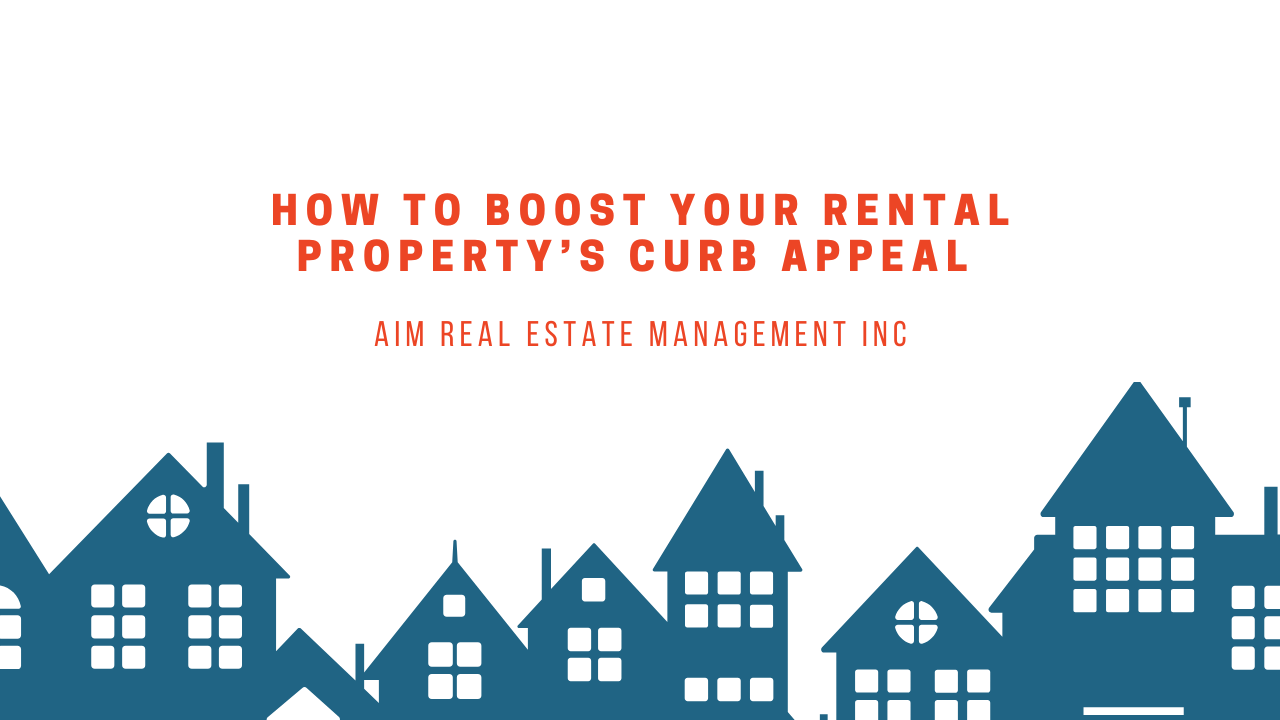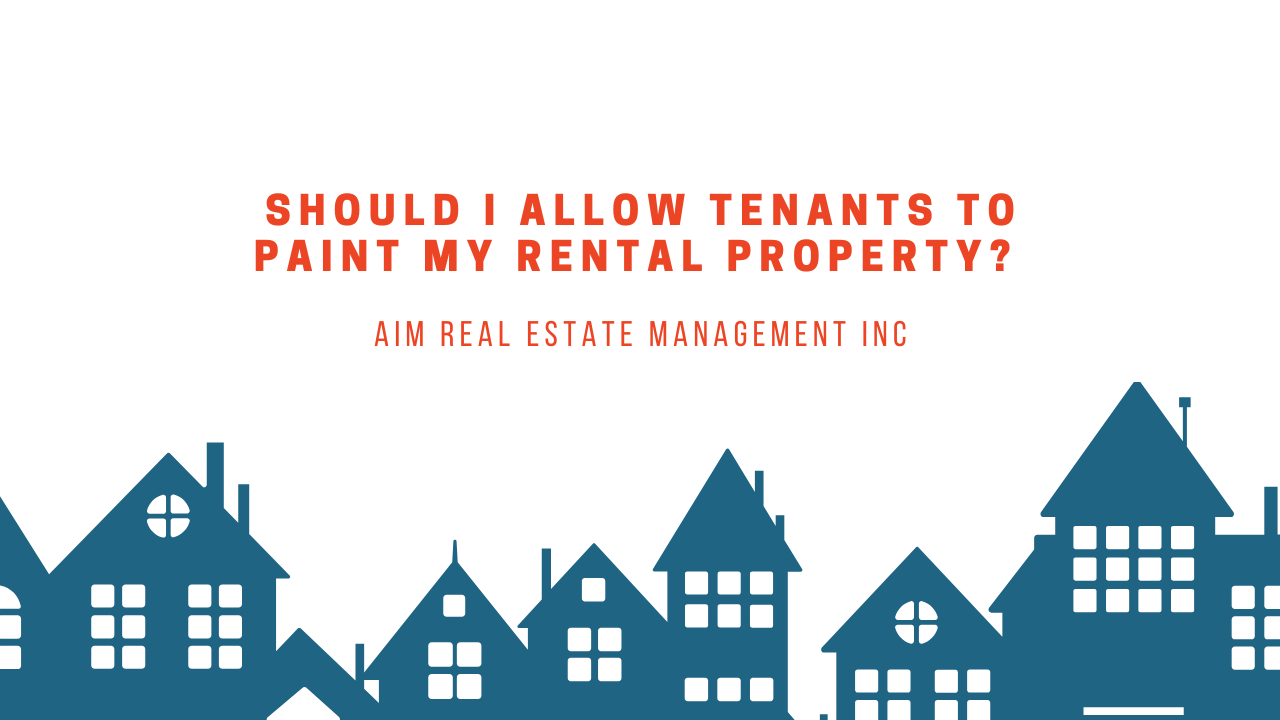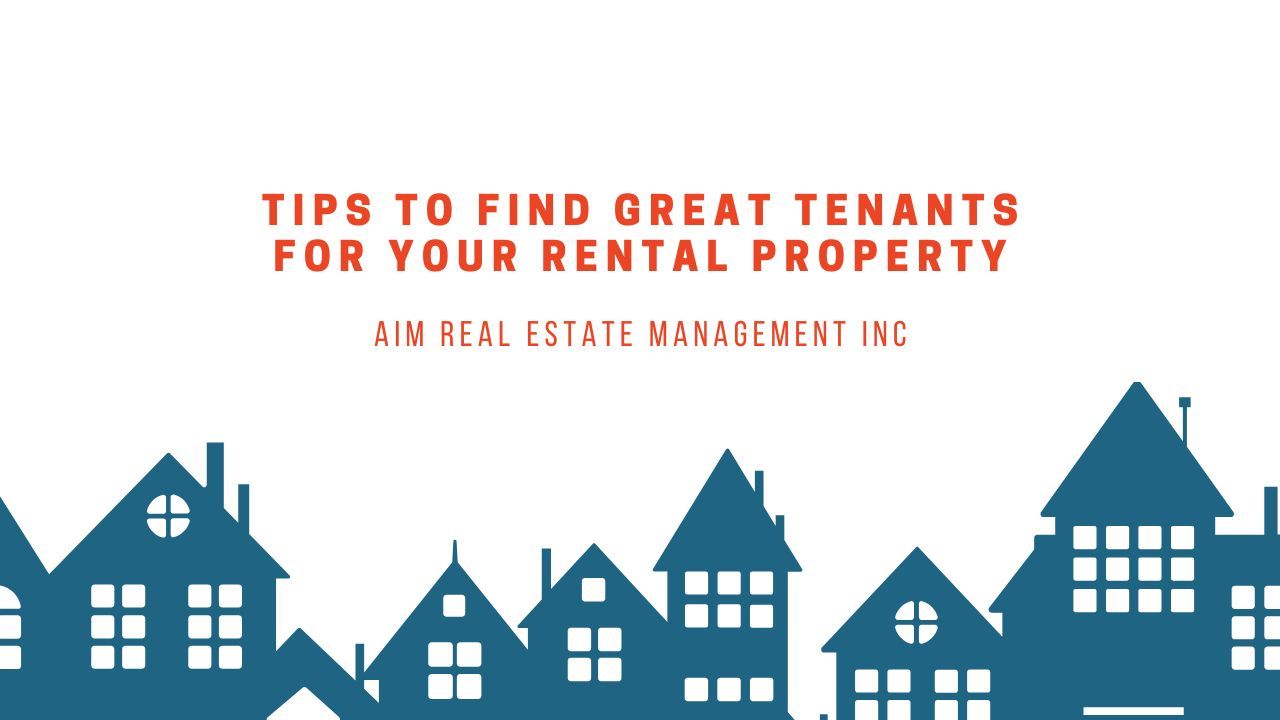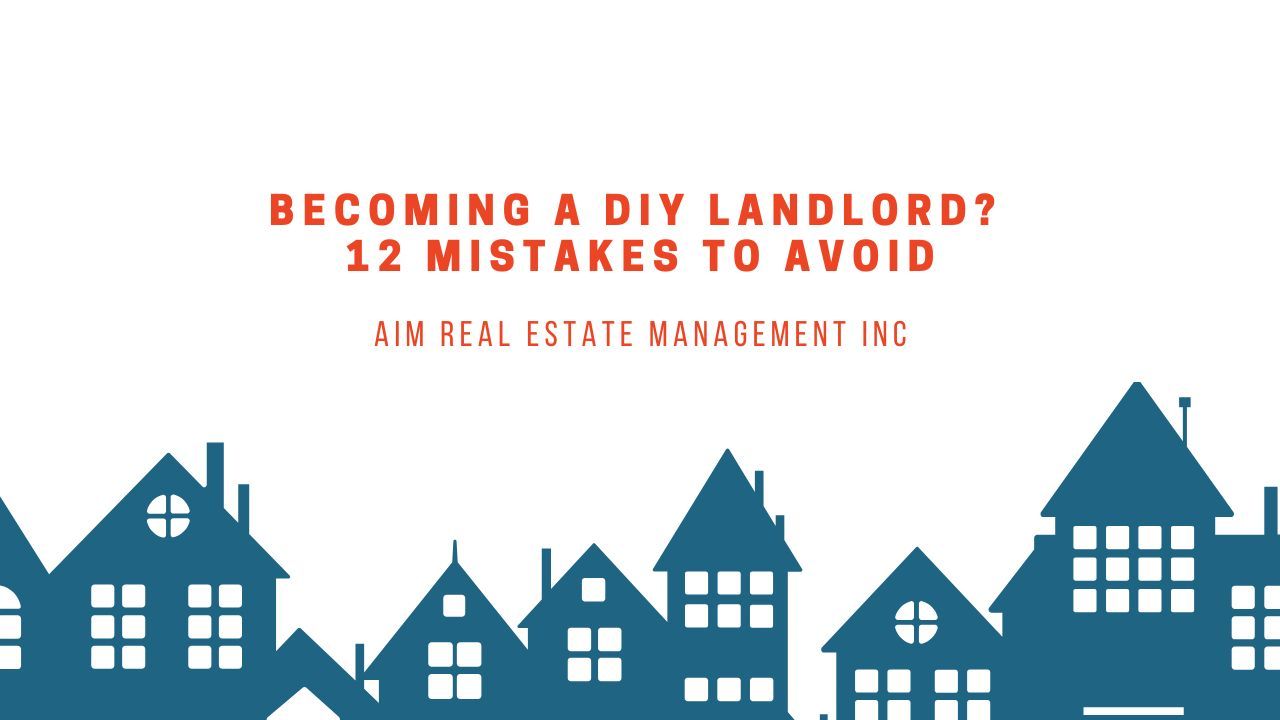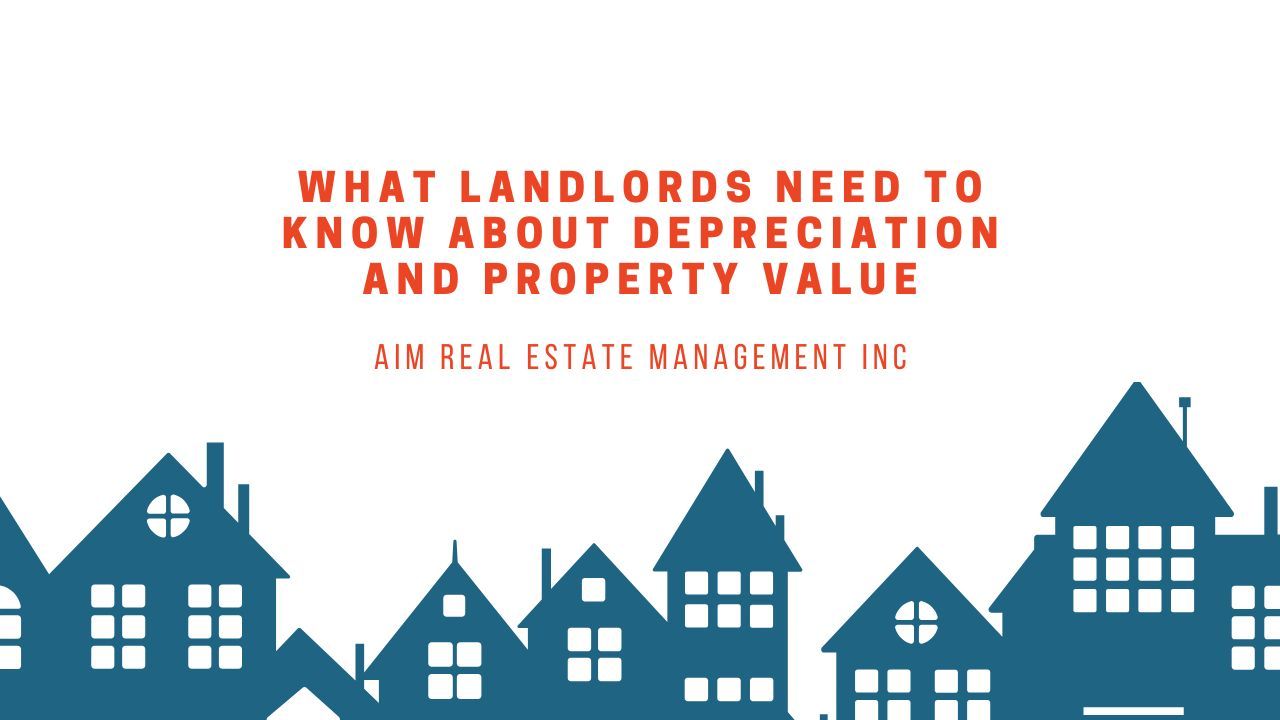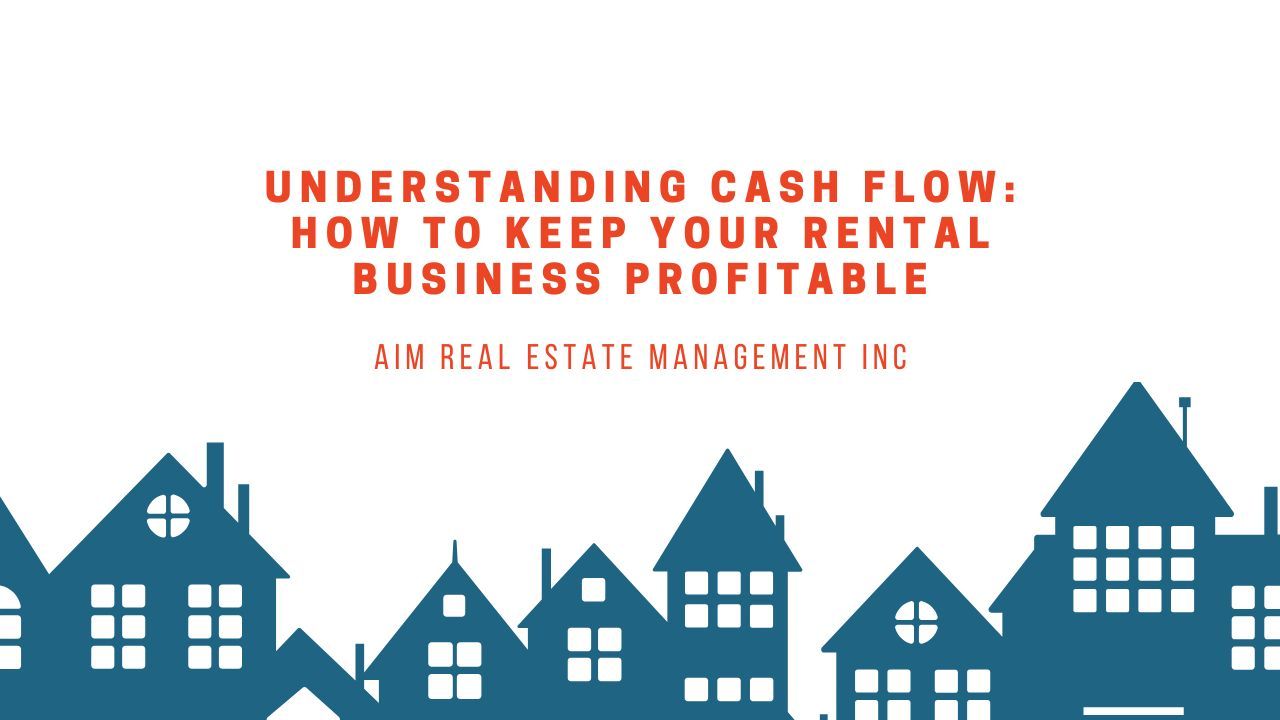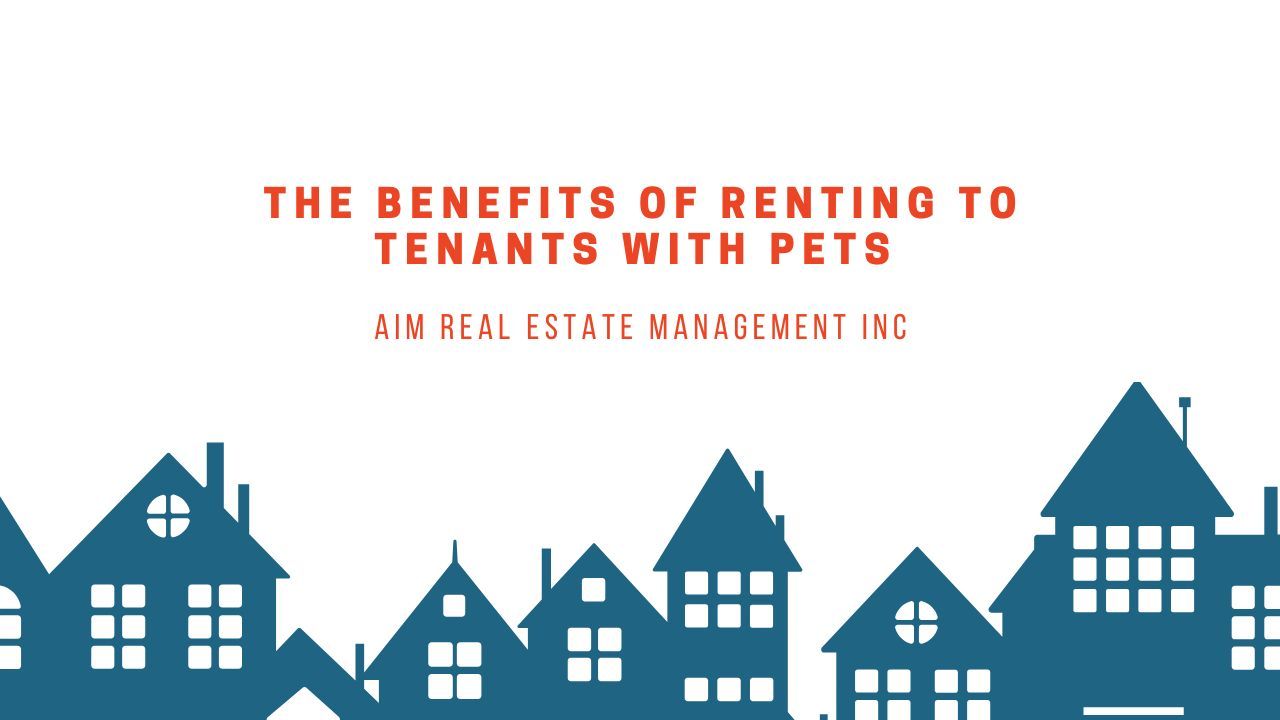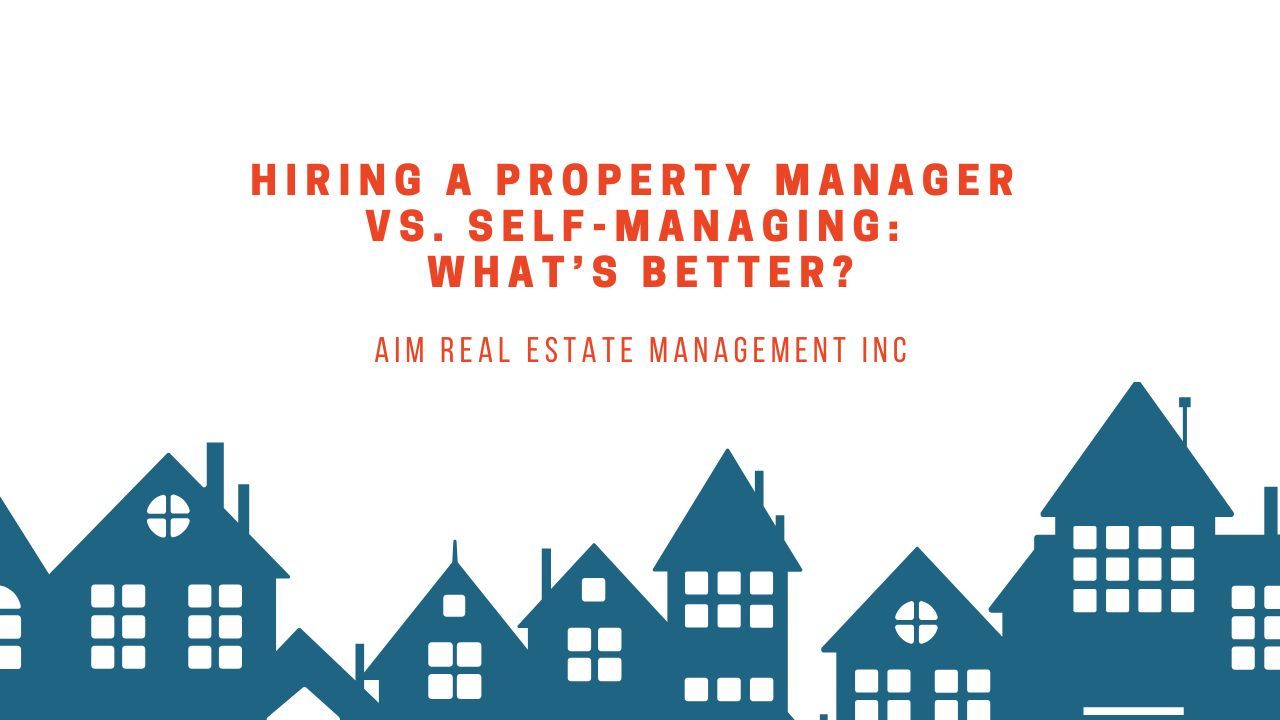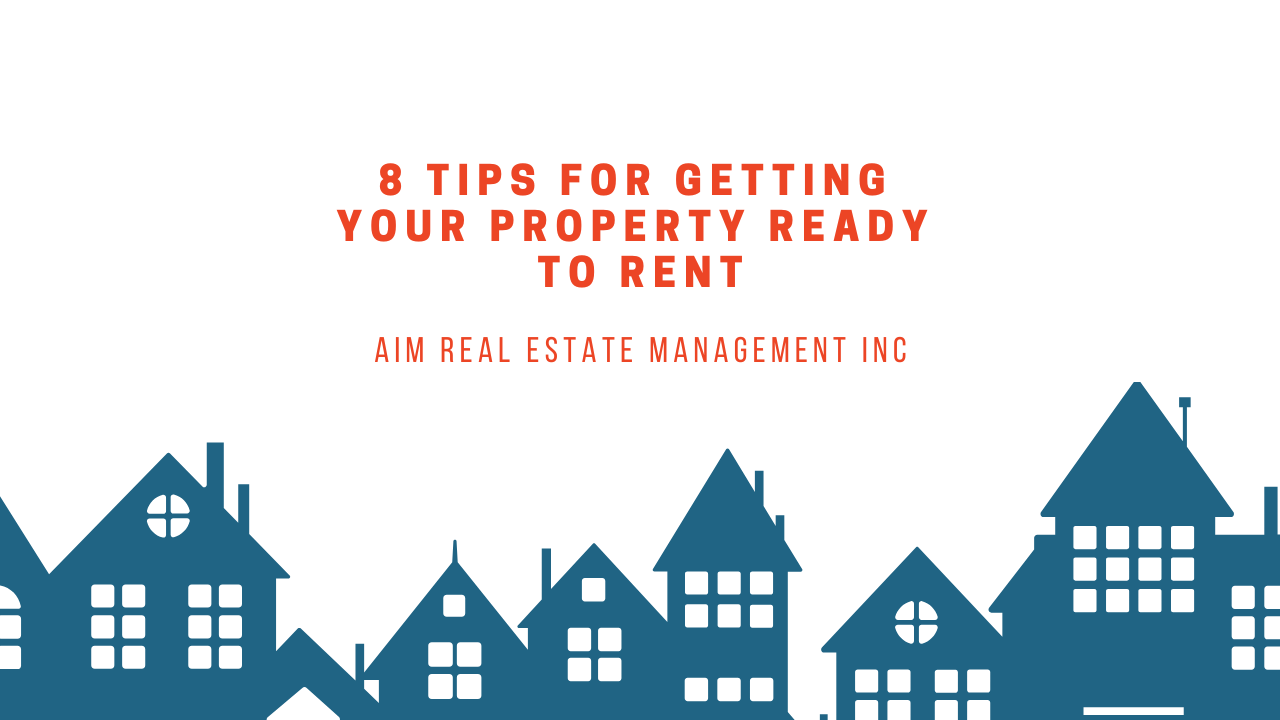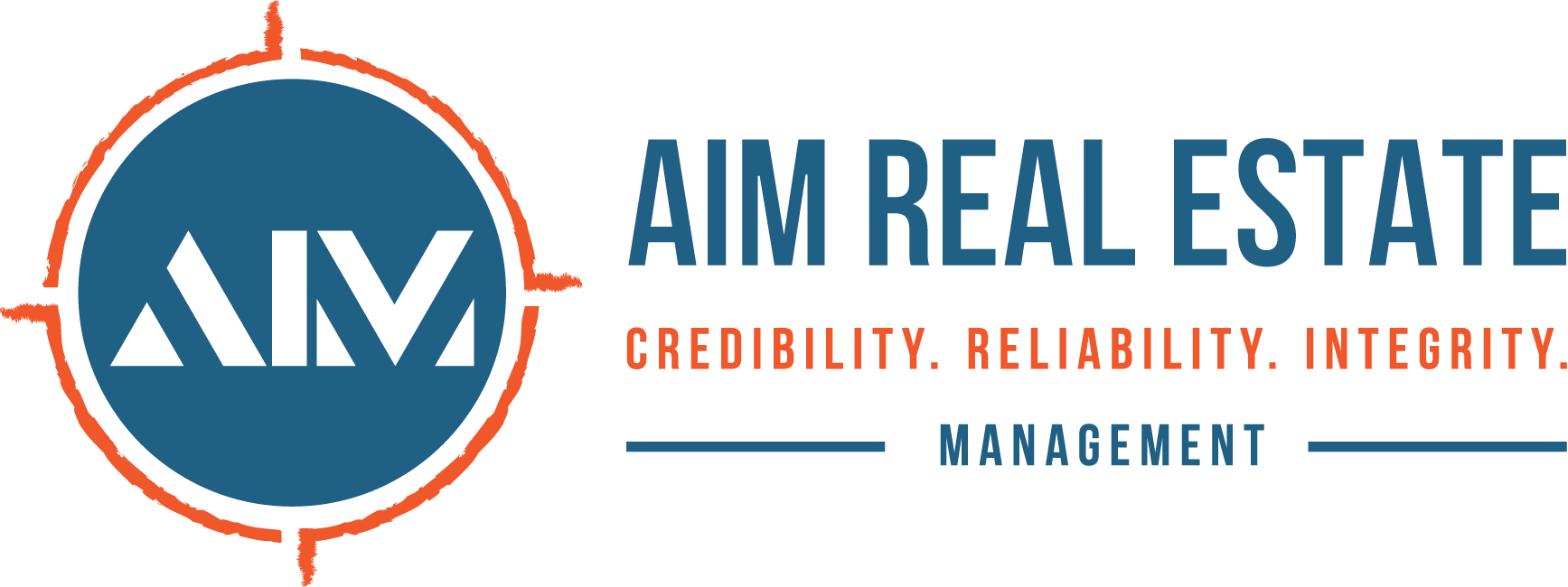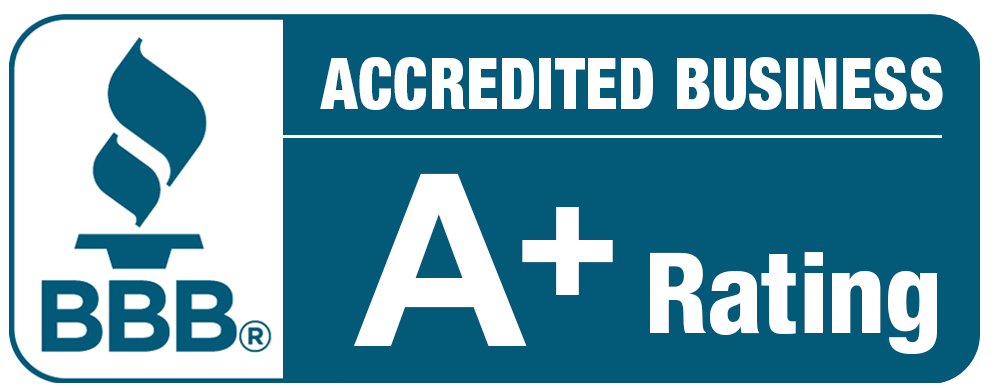Important Factors for Real Estate Investing
Investing in real estate can be a promising venture for those looking to generate income and build wealth over time.
The potential for appreciation in property value and the possibility of earning rental income can make real estate a worthwhile investment. That being said, success in this field requires careful planning, research, and understanding of various market factors.
At AIM Real Estate Management, we understand that navigating the real estate market can be challenging. This article aims to provide landlords with key factors to consider when investing in real estate, ensuring that you make informed decisions that will benefit your financial future.
Key Considerations for Real Estate Investment
1. Financial Planning
Before making any investment, it’s vital to establish a clear financial plan. This plan should outline your budget, financing options, and expected returns on investment.
Understanding your cash flow is critical for managing expenses, such as mortgage payments, property taxes, and maintenance costs. Additionally, having a reserve fund for unexpected expenses can protect you from financial strain in the event of repairs or vacancy periods.
Create a detailed budget that includes all potential expenses, not just mortgage payments, such as utilities, repairs, and management fees. Consult with a financial advisor to evaluate your investment strategy and ensure it aligns with your long-term financial goals.
2. Market Conditions
Real estate markets can fluctuate based on economic factors, interest rates, and local supply and demand. Keeping up with the latest market trends is crucial for making wise investment choices.
Analyzing trends, such as property appreciation rates and
rental demand, will help you determine the best time to buy or sell a property. Consider consulting with real estate professionals to gain a better understanding of market conditions in your area.

Use real estate websites and local listings to monitor trends in your target market regularly. Attend local real estate investment groups or workshops to gain insights from other investors.
3. Legal Considerations
Real estate investing involves navigating various legal requirements, including zoning laws, property regulations, and tenant rights. Familiarizing yourself with these laws is essential to ensure compliance and avoid potential legal issues.
Consulting with a real estate attorney can provide clarity on any regulations affecting your investment and help you understand your rights and responsibilities as a landlord.
Keep up-to-date with local landlord-tenant laws by regularly checking government websites or joining local landlord associations. Consider creating a standard lease agreement that includes clauses protecting your interests and complying with legal requirements.
4. Location
The value of a property is often determined by where it is situated. A desirable location can attract long-term tenants and lead to higher rental income. Factors to consider include proximity to schools, public transportation, shopping centers, and employment opportunities.
Researching neighborhood trends and demographics can also provide insight into the long-term potential of a location.
Visit the area at different times of the day to assess traffic, noise levels, and overall vibe. Research future developments planned in the area, such as schools or shopping centers, that could increase property values.

5. Property Type
Different types of properties can yield varying levels of income and come with different responsibilities. Common property types include single-family homes, multi-family units, and commercial properties.
Understanding the pros and cons of each property type will help you align your investment strategy with your financial goals.
Evaluate your lifestyle and how much time you can dedicate to managing the property when choosing between single-family and multi-family homes.
Consider the maintenance and management demands of commercial properties versus residential properties.
6. Property Management
Overseeing a rental property can require significant time and effort. Think about whether you prefer to handle management tasks yourself or engage a property management firm.
Professional property management can handle tenant screening, maintenance, rent collection, and legal issues, allowing you to focus on other priorities.
Research property management companies thoroughly by checking reviews, references, and their fee structures before making a decision.
7. Rental Pricing
Setting the right rental price is essential for attracting tenants while ensuring a profitable return on investment. Research the rental prices of similar properties in your area to determine a competitive rate.
Keep in mind that pricing too high may lead to longer vacancy periods, while pricing too low can reduce your potential income. Striking a balance will help you maintain occupancy and maximize returns.
Adjust rental prices annually based on market conditions, inflation, and property improvements to maximize income. Offer competitive amenities or services that can justify a higher rental price compared to similar properties.

8. Tenant Screening
Poor tenants can lead to missed rent payments, property damage, and eviction processes. Implementing a thorough tenant screening process can help you identify responsible tenants.
This process should include background checks, credit history evaluations, and previous landlord references. Taking the time to screen tenants can save you significant stress and financial loss in the long run.
9. Maintenance and Repairs
Consistent maintenance is essential for maintaining property value and ensuring tenant satisfaction. Establishing a routine maintenance schedule can help prevent minor issues from becoming major repairs.
Budgeting for ongoing maintenance and unexpected repairs is essential for maintaining cash flow. Investing in quality repairs and upgrades can also enhance property value and attract higher-quality tenants.
10. Long-Term Strategy
Having a clear long-term strategy can help you navigate market fluctuations and achieve your financial goals. Consider your objectives, whether they are generating passive income, building equity, or preparing for retirement.
A well-defined strategy will guide your investment decisions and help you stay focused on your goals. When getting your property ready to rent, stay flexible and be willing to adapt your strategy based on market conditions or personal circumstances.
Bottom Line
Successful real estate investing requires the careful consideration of location, property type, market conditions, financial planning, and a long-term strategy. By taking the time to understand these factors, landlords can make informed decisions that enhance their investment outcomes.
At
AIM Real Estate Management, we’re dedicated to helping landlords navigate the complexities of real estate investing. Our team of professionals offers expert guidance and support to ensure your investment strategy is successful. Reach out to us today to discover how we can assist you in your real estate investment endeavors!
